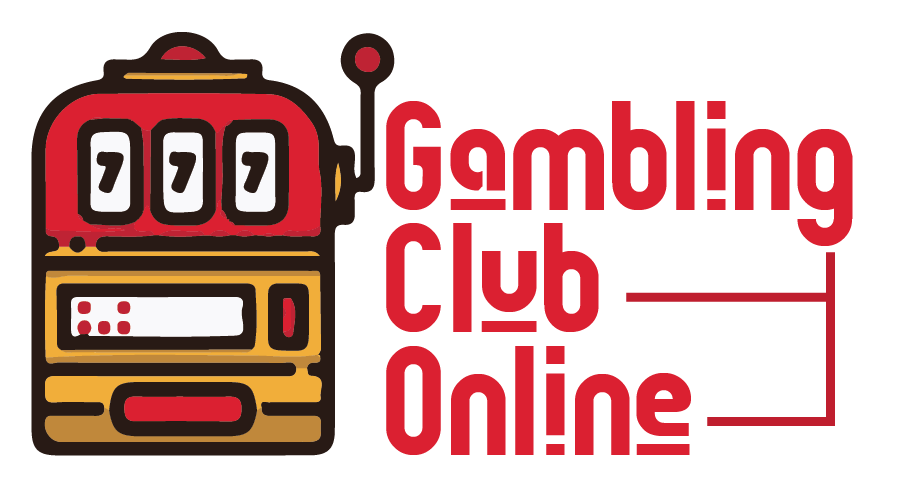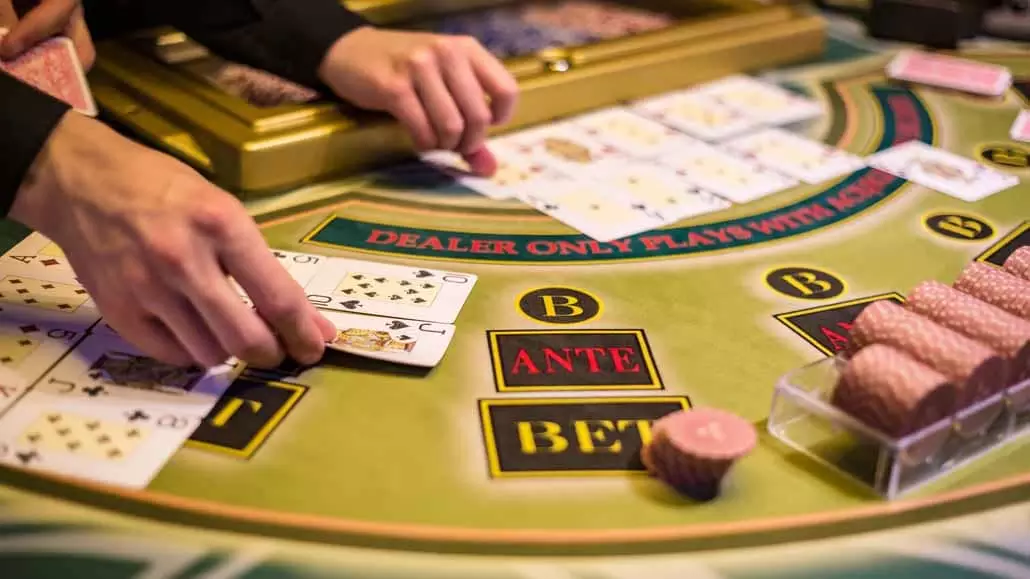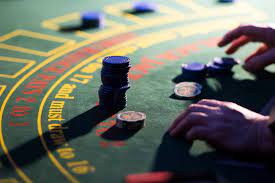Casino Etiquette: Navigating the World of Gaming with Confidence and Class
If you are planning on heading to the casino, you should consider the rules and etiquette of the place. For example, if you are going to ask strangers for money, you should consider the dress code. You should also be aware of the different games on offer.
Dress code
If you are planning to visit a casino, it is important to understand its dress code. Some casinos may be more strict than others, but there are plenty of options. You can find out more about the dress code of your favorite casino by calling ahead.
The dress code at a casino is designed to be respectable and clean. This means you won’t be allowed to wear clothing that has advertising on it, or gaudy colors.
Whether you’re attending an evening event or a daytime game, you should follow the dress code. Most casinos have a formal or semi-formal dress code. For a daytime game, you can wear a collared shirt and skirt, while evening events call for long, elegant dresses.
Men should wear a dark suit. They can also wear a vest or waistcoat. They should also wear a pair of leather shoes. However, you don’t want to wear tracksuits. While tracksuits are acceptable at many European casinos, they aren’t permitted at some casinos.
Women should wear floor-length dresses. Evening blouses are also appropriate. Alternatively, they can wear shorter cocktail dresses or pantsuits.
Women should also avoid revealing outfits. Besides, some casinos prohibit cleavage.
Those visiting a casino should follow the dress code if they want to get the best experience. It is also a good way to show your appreciation for the casino’s management.
A casual casino is a place to have fun, but you need to dress appropriately. Wear comfortable clothes, and don’t go overboard. Make sure you look your best with makeup that will complement your dress.
A semi-formal casino dress code is the most common worldwide. It is more relaxed than a formal dress code.
Table games
Table games require specific etiquette. If you’re a first-timer, you should learn the basics before you hit the tables.
Casino etiquette goes beyond the actual rules of the game. In fact, it includes things like table customs and the best way to handle cards.
There’s no need to be a jerk at the casino. You’ll want to behave professionally at all times. For instance, don’t put your drink on the table. It’s not only annoying, but it can also get in the way of other players’ drinks.
Also, don’t try to sneak in your drink. A spilled drink could cause the table to be closed. Similarly, the casino might ask you to turn off your cell phone.
The best table etiquette is to know what the minimum bet is. Usually, the sign to the right of the dealer will indicate the amount you can bet. Some casinos even have a lighted sign showing the max bet on the machine.
Another table etiquette is not to change bets mid-game. You may want to take a risk on a lucky hand, but be sure to wait for the hand to cool down.
Another etiquette worthy of mention is tipping the casino dealer. He or she won’t be giving you any lessons on the finer points of the game, so a small donation to the dealer will keep you in good spirits.
The best way to practice the best etiquette is to read the casino’s rules before you go. This will allow you to know which etiquette to stick with.
Also, it’s not a good idea to photograph or film any casino staff. Not only is it illegal under Nevada law, but it can also get you in trouble.
Slot machines
You should know some casino etiquette before you go to a casino. This can help you have a fun and enjoyable experience. While it’s not necessary to follow every single rule, there are a few do’s and don’ts that you can follow.
One of the best pieces of casino etiquette is not to hover around the slot machines. Although this isn’t a new rule, it’s still a good idea to avoid making the wrong impression.
Aside from following the rules, you should also try to be a considerate casino goer. This includes letting your fellow players know if you’re going to be taking a break. It’s also a good idea to be mindful of other people’s belongings.
The biggest mistake players make is betting more than they can afford. While this may seem like a no-brainer, it can be a problem if you do it too often.
Also, don’t be afraid to ask for advice from the dealer. Having a good game strategy is just as important as getting a winning hand.
Casinos have many security cameras, so this is a smart thing to do. However, don’t forget to keep a close eye on the bet counters. Taking a picture of one of these might get you into hot water.
While there are plenty of games to play at a casino, there aren’t too many that are enjoyable to watch. If you want to see the real action, check out the video slots. They have special features like scatter pays and bonus rounds.
One of the better slot machine etiquette ideas is to only use one machine at a time. Slots can be quite distracting, and having more than two to play at a time could lead to an unintentional loss.
Avoiding getting too drunk
If you’re going to be playing in a casino, it’s important that you don’t get too drunk. Having too much to drink can make it harder to stop gambling. It can also make you lose control and impulsively gamble. This can lead to negative consequences. To avoid this, you need to learn how to keep yourself safe.
One way to do this is to record your drinking habits. You should also watch out for the substances that are in your drinks. A bottle cap is a good way to keep track of your alcohol intake. In addition, you should stay away from mixing alcohol with other drugs.




